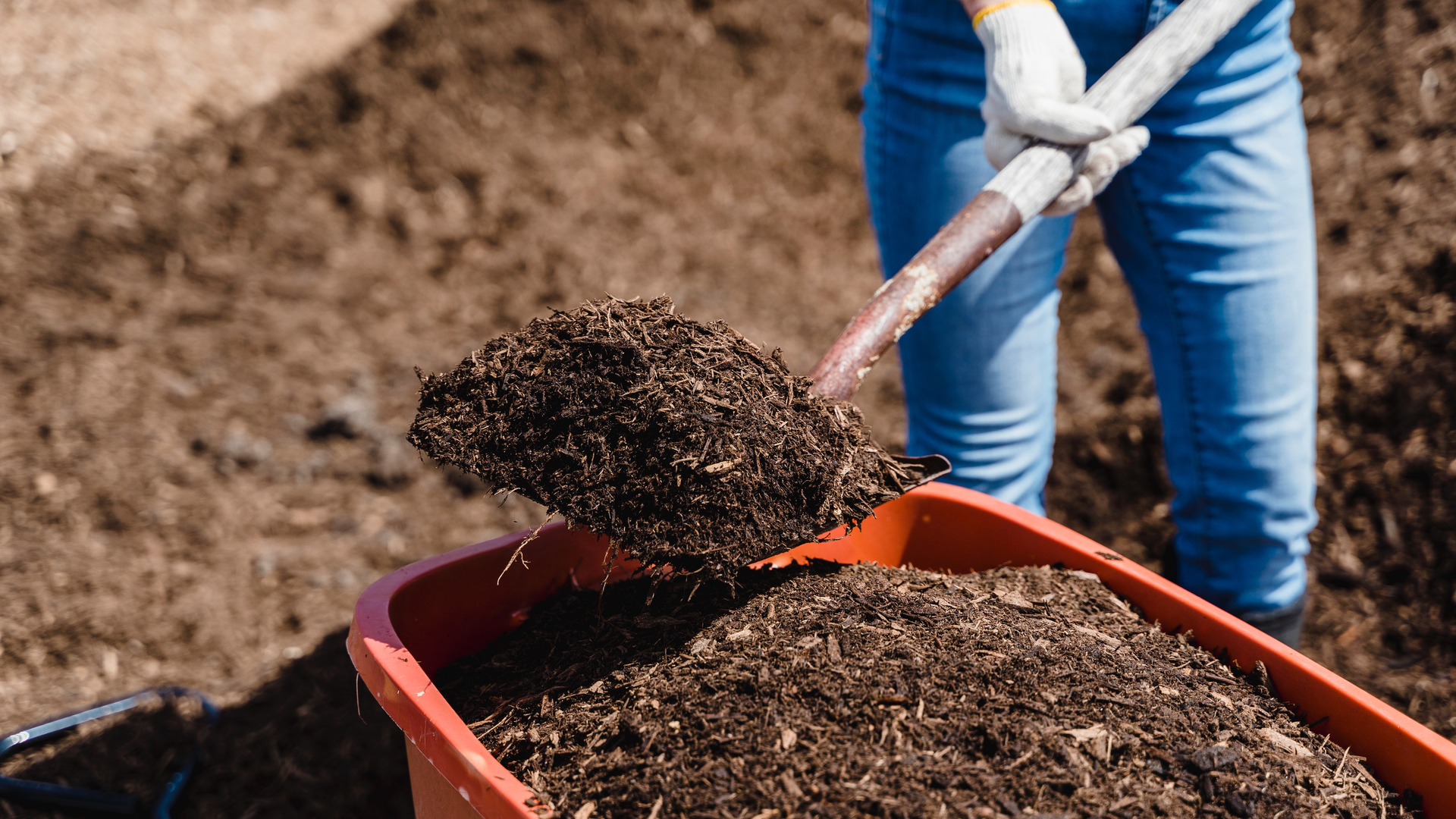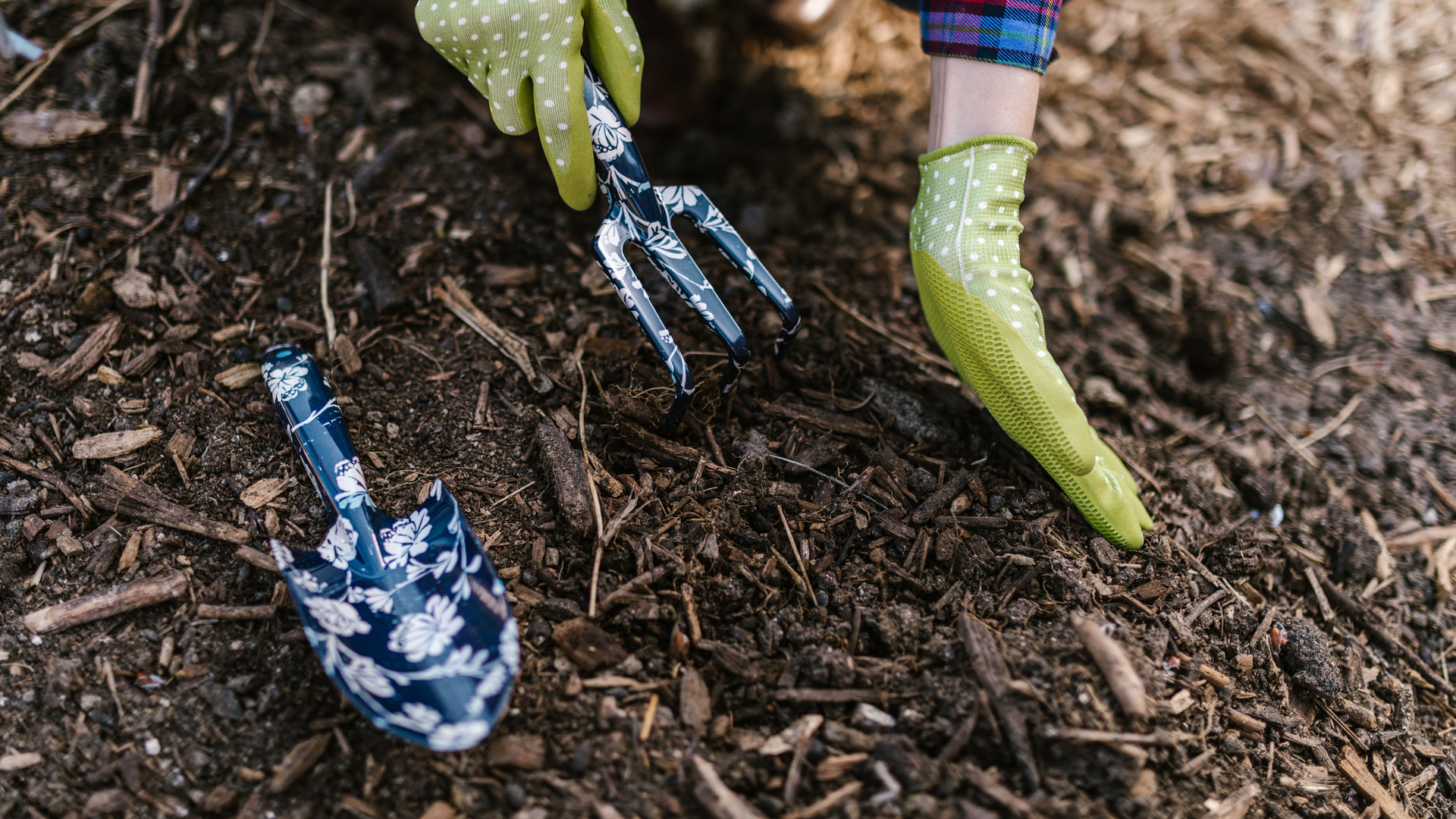
Composting is an easy and efficient way to improve the health and growth of your garden. Turning kitchen and garden waste into compost is great for reducing waste and creating nutrient rich soil, but if you’re adding the wrong things to your compost bin, you could be doing more damage than good.
To find out more, I spoke to Fiona Jenkins, landscaper and gardening expert at MyJobQuote who explained that introducing certain materials to your compost “can hinder the decomposition process, attract unwanted pests and even contaminate the entire pile”. Here’s seven things you should never compost and why, according to a gardening expert.
1. Treated wood and sawdust
Most wood is fine to add to your compost pile, but treated wood items are best left off it. Jenkins explains that this is due to the chemicals used to treat things like sawdust and wood scraps, as they “compromise the integrity of your compost and may prevent you from being able to use it in the future.”
2. Weeds
Similar to wood, garden waste makes up the majority of your compost pile, like plants, leaves, sticks and other greenery. But weeds should steer clear from your compost, as they can “potentially take root in the compost heap and begin to grow through the organic waste, which puts the quality of your compost in jeopardy,” says Jenkins.
3. Diseased or insect-infested plants
If your garden has any diseased or insect-infested plants, it’s best to throw them into your green bin rather than composting them. Heat is needed to kill insects and diseases, and it’s highly “unlikely that your compost bin will reach the high temperatures needed”, states Jenkins. Throwing these plants in with your compost means pests will survive within it which ruins your composts’ quality and spreads diseases to the rest of your garden.

4. Charcoal ash
After you’ve used your best barbecue, it’s tempting to throw the ash and other debris from it onto your compost pile. But ash, especially from charcoal barbecues or smokers, contains high levels of sulphur which makes your compost acidic. This acidity, as well as chemicals that charcoal is infused with, can be harmful to your plants.
5. Meat and dairy products
Moving into the kitchen, you should avoid putting meat and dairy in your compost, despite these products being biodegradable. Due to the smell of these products – and the fact that meat and dairy are edible! – your compost pile will start to attract unwanted pests and animals which can cause damage to your garden.
6. Acidic, greasy and oily foods
As Jenkins explained with charcoal ash, acidity isn’t good for plants, which is why acidic foods shouldn’t be placed on your compost heap. She identifies citrus, tomatoes and pickled foods as the main items to avoid, and explains that the “high levels of acid can kill the good bacteria that helps to break down the materials in your compost pile, so your composting won’t be as effective.” Compost also needs a good level of moisture to decompose items, and grease and oil can hinder your compost’s moisture balance, so avoid these foods, too.
7. Baked goods
Finally, baked goods, like cakes and cookies can “attract unwanted pests to your garden, similar to meat and milk products,” explains Jenkins. “Sweet baked goods can also attract a range of unwanted insects such as ants and wasps,” so these shouldn’t go on your compost pile, either.







